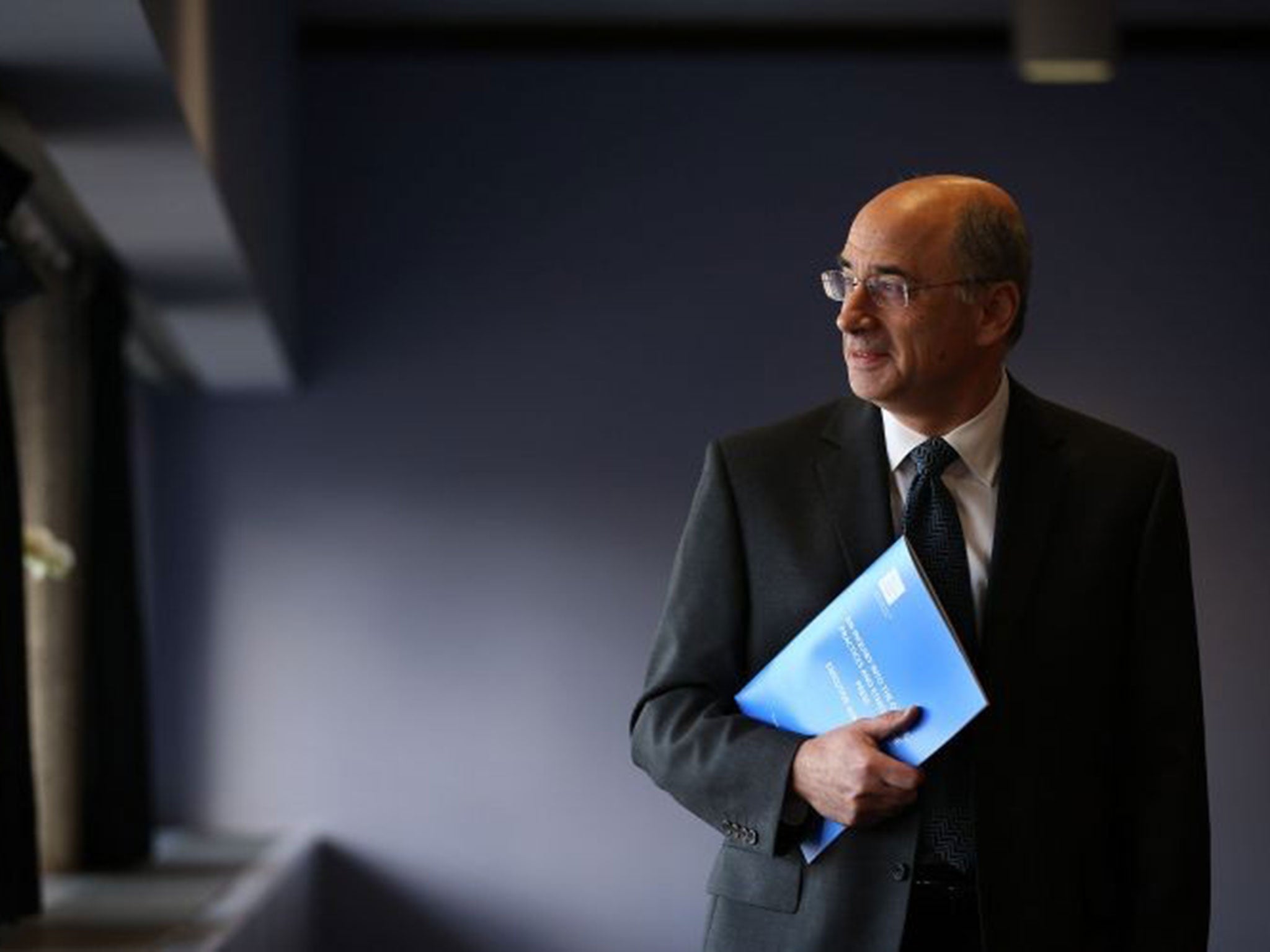Why we chose to publish this phone-hacking memoir


There is something of an irony in discussing the ethics of our decision to publish extracts from The News Machine: Hacking, the Untold Story. It was, of course, the contempt for ethical conduct – not to mention the law of the land – which allowed the practice of phone-hacking to flourish as a so-called journalistic tool.
Some readers may be uncomfortable that we have provided a wider platform for Glenn Mulcaire's story. After all, he is a convicted criminal, having twice pleaded guilty to the illegal interception of voicemail messages. Nonetheless, we believe our decision to serialise the book is the right one, quite aside from the fact that its lead author, James Hanning, is the deputy editor of The Independent on Sunday.
The first thing to be clear about is that we have not paid Mr Mulcaire for our use of the material you see today and that you will see in The Independent this week. This is relevant because the industry rules to which we adhere prohibit payments to criminals for information unless there is a public interest for doing otherwise. It is worth noting, as an aside, that there is no similar restriction in the arena of book publishing.
As it happens, Glenn Mulcaire is not gaining financially from book royalties either – nor is his family. There is, therefore, no question that he will benefit indirectly by a possible uplift in sales resulting from our publication of these extracts.
But even if the economic question is put to one side, we believe there is an over-riding public interest in this book – and in the information that it contains being relayed to a wider audience.
The phone-hacking scandal has dominated headlines, political debates and courtrooms for the best part of a decade. Britain's best-selling Sunday newspaper was forced into closure as a result of it. The Prime Minister's one-time director of communications has been jailed. Glenn Mulcaire and Andy Coulson are among six journalists to have been convicted of related offences. Potential victims of the News of the World's hacking efforts number 5,500, according to the Metropolitan Police. Of those, 1,000 are said to be "likely victims".
Beyond these facts, the discovery of such extensive criminality in the newsroom of a major newspaper raised questions about the entire nature of journalism in Britain today. The Leveson inquiry shone an uncomfortable light not only on the murky workings of one tabloid but on the wider relationship between the press, politicians, celebrities and the police. The debates sparked by the inquiry's conclusions are yet to be resolved.
Glenn Mulcaire was the man who did the hacking. Others may have followed but he was the go-to guy for the News of the World. Yet he sits outside the corporate bubble; beyond, indeed, the world of journalism as most people would know it, which makes his perspective unique.
He is very far from being a victim: on the contrary, his actions caused misery and distress to many. Yet in understanding how the phone-hacking scandal developed, his account of what happened is genuinely important.
Will Gore is the deputy managing editor of the Independent titles
Bookmark popover
Removed from bookmarks